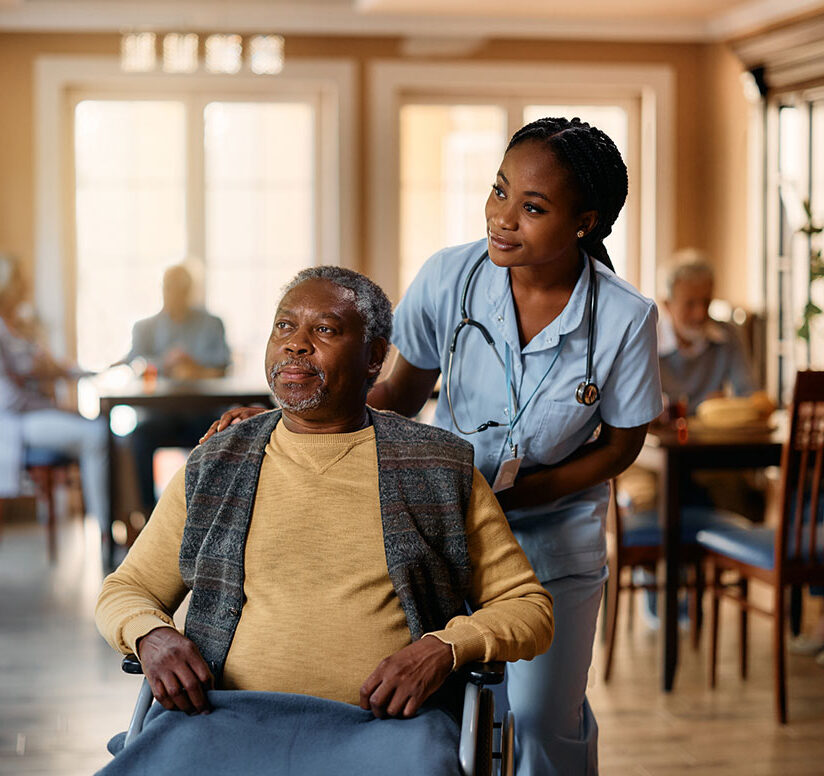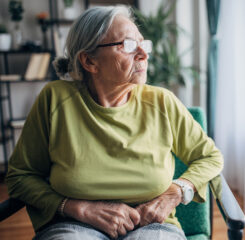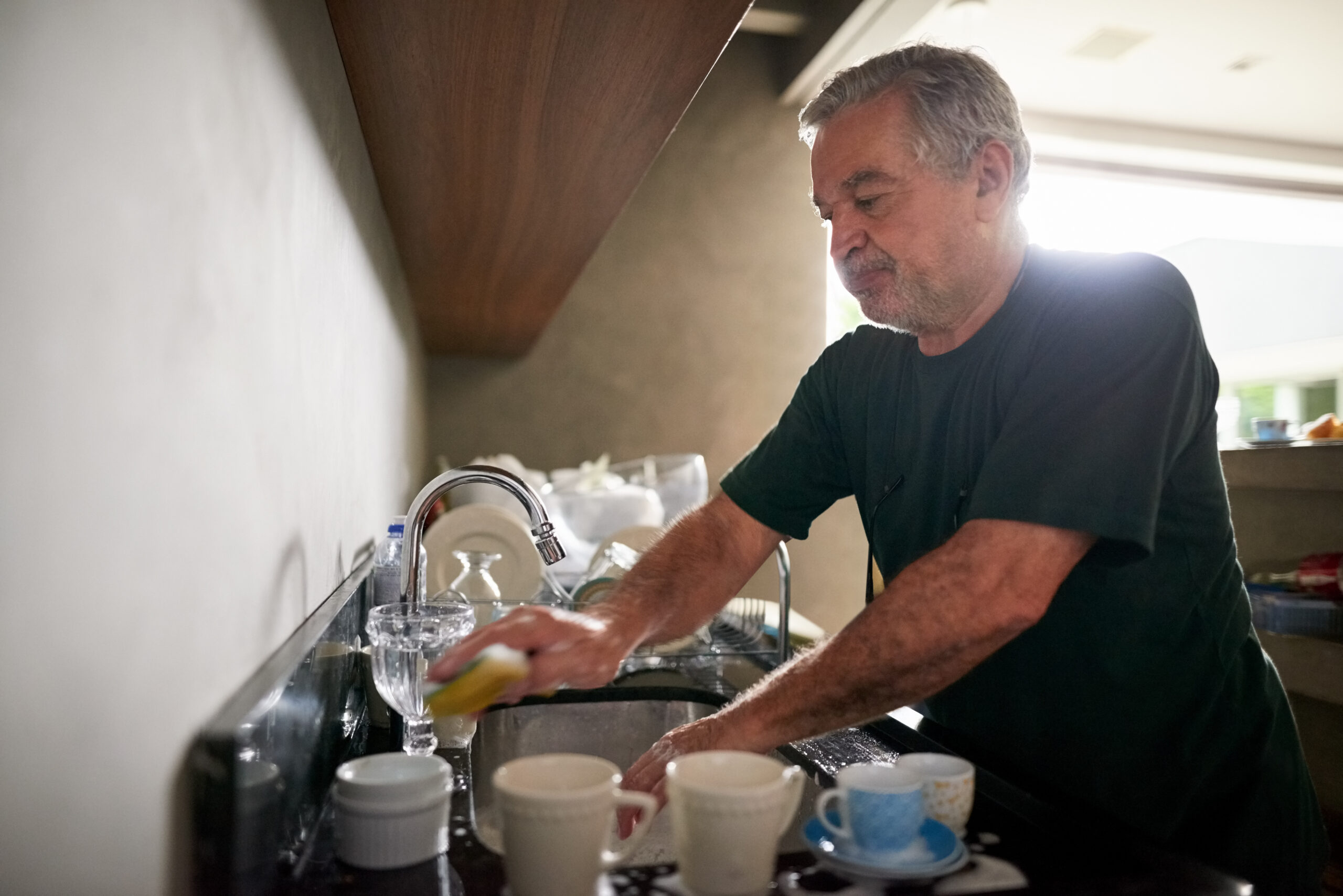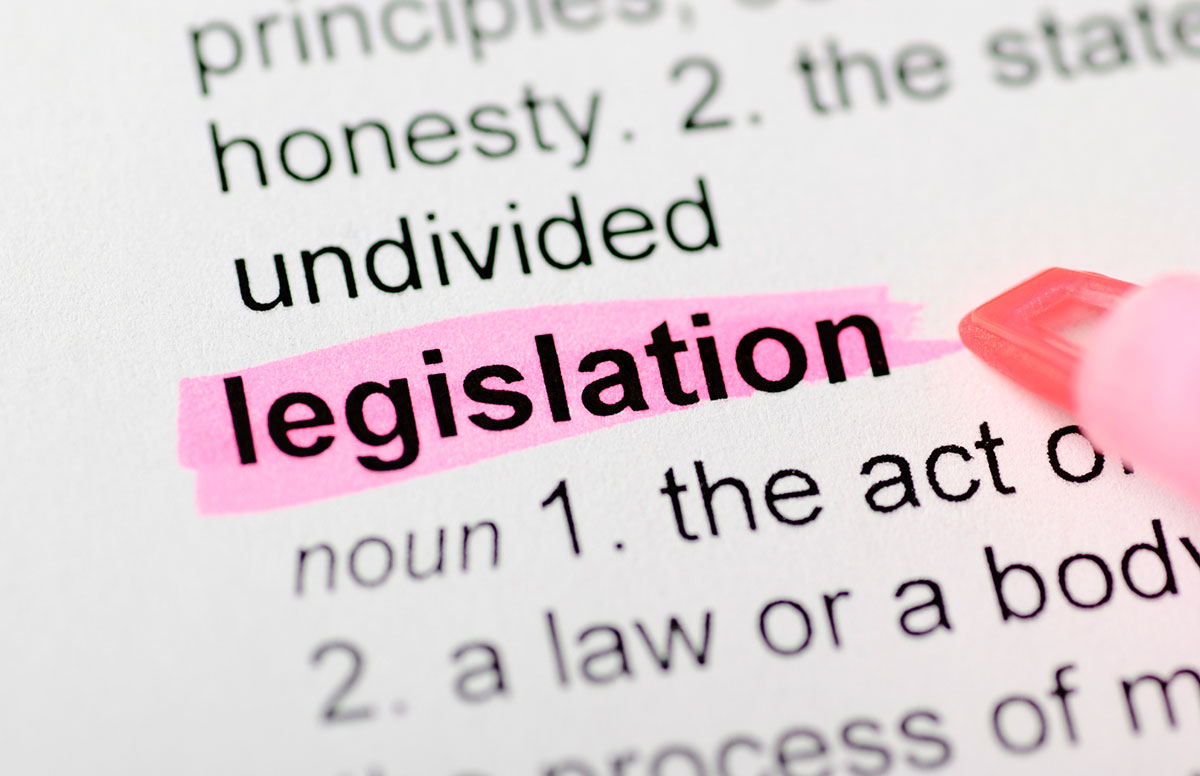LeadingAge Interview with Admiral Brett Giroir on COVID-19 Testing
Admiral Brett Giroir, M.D., Assistant Secretary for Health and Testing Lead at HHS, was interviewed by Ruth Katz on the LeadingAge Update Call Monday, October 5, 2020.
LeadingAge members were eager to hear more about the HHS strategy for distribution of the BinaxNOW rapid results antigen test cards. Admiral Giroir indicated that:
- Initially, tests will be sent to nursing homes and assisted living communities (with CLIA waivers) located in counties that are red (or sometimes yellow) in positivity rates since they are mandated to do frequent testing.
- 7,600 nursing homes have received tests to date.
- The plan is to distribute BinaxNOW cards weekly in counties with red positivity rates.
- If a nursing home or assisted living community is in a red county and has not yet received BinaxNow cards, they should email – HHSbinax@hhs.gov
- HHS has allocated 50 million BinaxNOW tests for nursing homes, assisted living, and home health.
- The remaining 100 million of the HHS purchased tests will go directly to state and other governments for them to distribute as they decide best to include a focus on educational settings.
- In response to a question about how members can receive additional tests, Admiral Giroir said that they were hopeful the market would be able to produce sufficient tests to meet the need, but HHS will monitor to see if further intervention is needed.
Intersections with state governments regarding antigen testing have sometimes been problematic. When asked his perspectives on this, Admiral Giroir shared the following:
- PCR tests with long turnaround times are not as valuable as rapid results from frequent testing when conducting tests on large numbers of asymptomatic people. PCR tests are expensive, and sometimes completely unavailable. Nursing homes operate on very thin margins and are under great financial pressure in light of COVID-19.
- Antigen tests are less expensive and have rapid results and should pick up people with a high viral load who might be most contagious, so this option seems viable for nursing homes and assisted living communities.
- HHS made it clear to governors that these tests are accessible and more affordable and appropriate for use for frequent testing in nursing homes. HHS is working with states on this and FDA and CLIA have made it clear that antigen tests are useful for off-label situations, but states can have stricter requirements.
- When screening asymptomatic people in a low prevalence area one is likely to get more false positives just based on percentages, so in this case, a positive should be repeated with a molecular test before assuming that the result is a true positive.
During the member question and answer session, Admiral Giroir was asked whether state surveyors should be tested and he indicated that HHS has asked CMS to look into that. He further commented there is guidance in place for testing hospital workers. He was also asked about distribution of antigen testing machines and test kits to nursing homes. Quidel and BD are prioritizing nursing homes and HHS is reserving 4 million per month of test kits. CMS is finalizing the list of nursing homes that have applied for a CLIA waiver and will send the remaining shipments of machines to those newly approved nursing homes in October. The new saliva tests that are being developed are not true quick saliva tests. Rather, saliva is simply the means of collection (instead of a nasal swab) and the sample must still be sent to a lab for PCR test processing.

Most Recommended
July 01, 2025
 Budget Reconciliation 2025
Budget Reconciliation 2025
June 27, 2025
Pathways for Foreign-Born Workers
Recently Added
July 01, 2025



